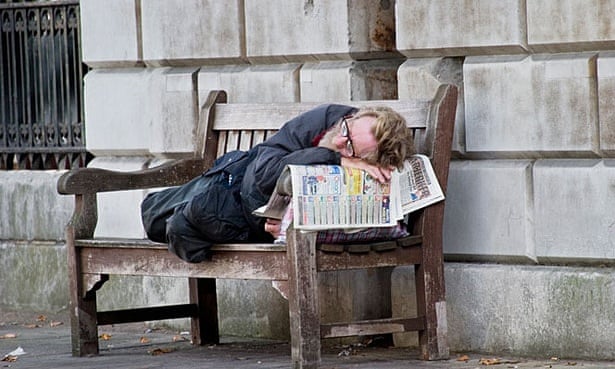Thousands of vulnerable homeless people should find it easier to obtain council accommodation following a supreme court judgment that will require housing officers to adopt a new approach. The ruling, welcomed by charities that support rough sleepers, found that many local authorities have wrongly been assessing need in relation to those deemed “street homeless” – even though the description does not appear in the relevant legislation.
By a majority of four to one, the supreme court justices found that a homeless man who had multiple physical problems and psychotic symptoms should not have been turned away by Southwark council.
“He was deemed by Southwark not to be in priority need because he would not be at a greater risk of injury or detriment than an ordinary street homeless person, due to the ability of his wife and son to fend for the whole household,” the justices observed.
“The expression ‘street homeless’, is … much used, but it is not to be found in the 1996 Housing Act,” the judgment added. “The expression can plainly mean somewhat different things to different people.
“‘Homeless’, as defined in the act, is an adjective which can cover a number of different situations, and the very fact that the statute does not distinguish between them calls into question the legitimacy of doing so when considering the nature or extent of an authority’s duty to an applicant.”
Welcoming the judgment, Giles Peaker, a partner at Anthony Gold Solicitors who acted for the charity Crisis in the case, said: “The purpose of the law was to ensure that people who are at more risk of suffering harm when homeless are given accommodation.
“The test for vulnerability had become such a high hurdle that vulnerable people were turned away. The supreme court has set out clearly how the law should work to fulfil its purpose.”

No comments:
Post a Comment